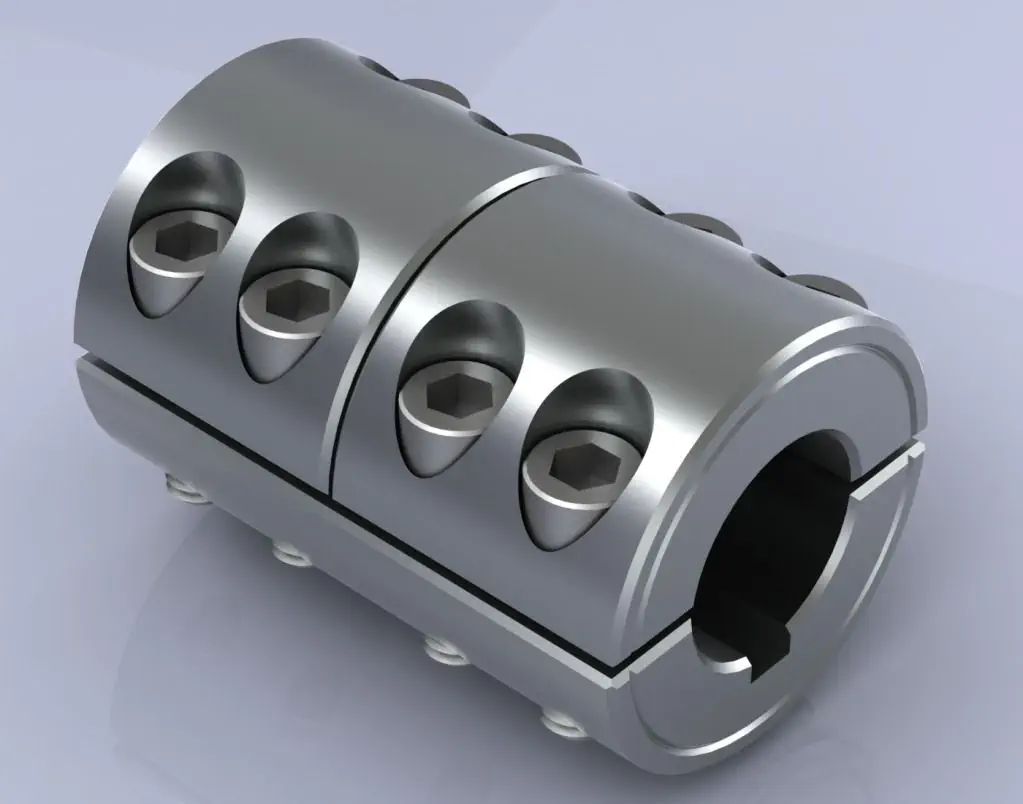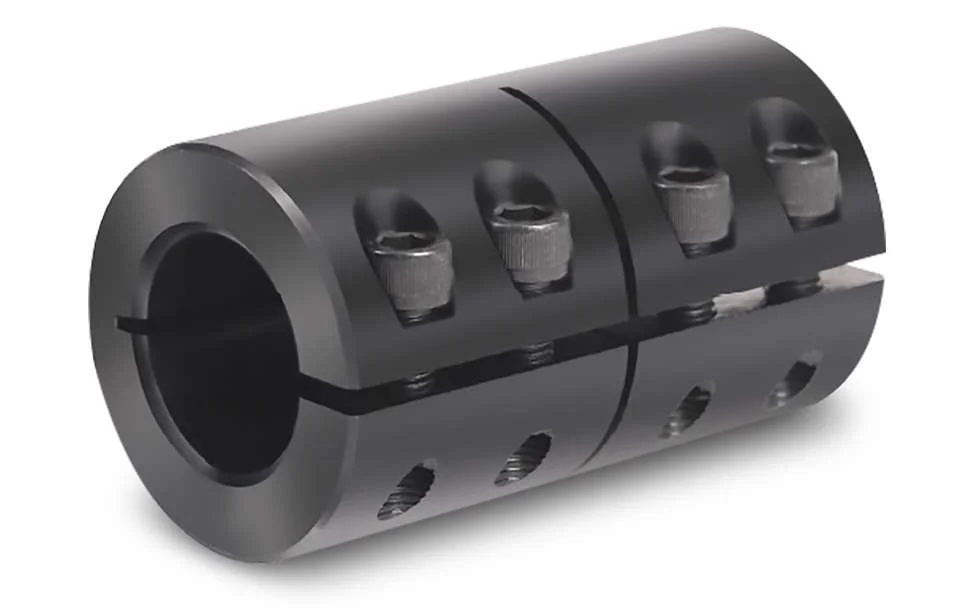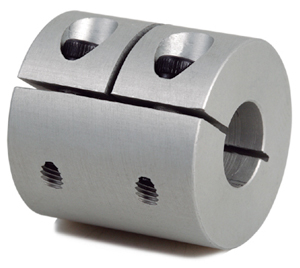Product Description
| Certification | ISO9001:2018;SGS;TS16949 |
| Quality |
CNC machine, CNC Turning, CNC Milling, CNC center machine, auto lathe machine, Wire-cutting Machine CNC punching machines, CNC bending machines CNT stamping machine, CNC/auto lathe machine, Drilling machine, Hydraulic machine, Riveting machine, Tapping machine, welding machine, Film attaching machine, etc. |
| Materials |
Aluminum, Steel, SPCC, SGCC,SECC, SPTE, Stainless steel, Brass, Copper, Bronze, ABS, PC, PO, POM, Nylon, etc. |
| Surface finish |
Anodized, Oxide, Plating, Brushing, Polishing, Blackened, Powder coating, Sandblasting, Laser engraving Zn-plating, Ni-plating, Cr-plating, Tin-plating, copper-plating, the wreath oxygen resin spraying, the heat disposing, hot-dip galvanizing, black oxide coating, painting, powdering, color zinc-plated, blue-black zinc-plated, rust preventive oil, titanium alloy galvanized, silver plating, plastic, electroplating, anodizing, etc |
| Inspection Equipment |
CMM, Projection, Calipers, Micro caliper, Thread Micro caliper, Pin gauge, Caliper gauge, Pass meter, Pass meter, etc. |
| Drawing formation | PDF, CAD/DWG/DXF, IGS/STP etc. |
HangZhou CZPT Industrial Co., Ltd. is a comprehensive factory that specialized in fasteners, CNC parts, stamping parts, machinery parts, and so on. Since the establishment of the company, we have passed ISO9001: 2018, SGS, TS16949.
Our factory covers an area of 5,000 square CZPT and has 58 employees, including 5 R & D personnel and 5 quality inspection personnel.
Major areas of service include automotive, bicycle and motorcycle, industrial automation, agricultural equipment, digital electronics, medical equipment, and so on.
Looking CZPT to your cooperation.
1. We have Specialized QC testers to check the products quality according to customers’ needs.
2. We have IQC to check the dimensions and surface of the incoming material.
3. We have PQC to inspect full-course during the processing.
4. We have FQC to inspect all the plating products from outsides and make the 100% inspection before the shipments.
FAQ:
Q1: Why choose ZheJiang n?
To provide our customers with first-class services in the supply of quality screws minimizing costs.
Q2: How is quality ensured?
All our processes strictly adhere to ISO9001:2018 procedures. We have strict quality control from producing to delivery. Our company had strong technology support, 80% of our colleagues are master or bachelor’s degree. We have cultivated a group of managers who are familiar with product quality , good at modern concept of management.
Q3: Can You Strictly Follow The Tolerance on The Drawing And Meet The High Precision?
Yes, we can, we can provide high precision parts and make the parts as your drawing.
Q4: How should I order and make payment?
By T/T, for samples 100% with the order; for production, 30% paid for deposit by T/T before production arrangement, the balance to be paid before shipment. negotiation accepted.
Q5: What’s your Delivery Time?
Standard parts: 7-20days
Non-standard parts: 15-25days
We will make the delivery as soon as possible with the guarantee quality
Q6:How to Custom-made (OEM/ODM)?
If you have a new product drawing or a sample, please send to us, and we can custom-made the as your required. We will also provide our professional advices of the products to make the design to be more realized & maximize the performance.
Q7:Which mode of transport would be better?
In general, the product are heavy, we advice to make delivery by sea, Also we respect your views of other transportation as well.

Industry Standards and Certifications for Rigid Shaft Couplings
Yes, there are industry standards and certifications that apply to rigid shaft couplings to ensure their quality, performance, and safety. Some of the common standards and certifications include:
- ISO 14691: This International Organization for Standardization (ISO) standard specifies the requirements and dimensions for metallic straight-toothed rigid couplings with external clamping for shaft connections.
- ANSI/AGMA 9002-C16: The American Gear Manufacturers Association (AGMA) standard covers measurement methods for evaluating the torsional stiffness of rigid couplings.
- API 671: This American Petroleum Institute (API) standard applies to special-purpose couplings used in petroleum, chemical, and gas industry services, ensuring reliable operation and safety.
- DNV GL: Rigid couplings used in marine and offshore applications may require certification from DNV GL, an international accredited registrar and classification society.
- ATEX: For couplings used in explosive atmospheres, compliance with the ATEX directive is crucial to ensure that the coupling does not become a source of ignition.
When selecting a rigid shaft coupling, it is essential to look for products that comply with these relevant industry standards and certifications. Meeting these standards guarantees that the couplings have undergone rigorous testing and adhere to recognized quality and safety guidelines.

Can rigid shaft couplings be used for shafts with different rotational speeds and directions?
Rigid shaft couplings are typically designed for applications where the connected shafts have the same rotational speed and direction. They are not well-suited for scenarios involving significant speed differences or reverse rotation between shafts. The limitations arise from the coupling’s rigid construction, which does not allow for the compensation of speed differentials or changes in direction.
When shafts have different rotational speeds or need to rotate in opposite directions, it can result in uneven loading, increased wear, vibrations, and even coupling failure. Rigid couplings lack the flexibility required to accommodate the variations in speed and direction, which can lead to undesirable consequences in the system.
If your application involves shafts with varying speeds or reverse rotation, it’s recommended to explore flexible coupling options. Flexible couplings, such as gear couplings, elastomeric couplings, or universal joints, are designed to handle these situations by providing a degree of angular and radial flexibility. These couplings can help distribute the loads more evenly, reduce vibrations, and compensate for speed differences, ultimately contributing to smoother and more reliable operation.
It’s essential to accurately assess the requirements of your application and choose the appropriate coupling type based on the specific operational conditions. If there are varying speeds or reverse rotation involved, opting for flexible couplings designed for such scenarios will help ensure the longevity, efficiency, and performance of your machinery.

Can Rigid Shaft Couplings Handle Misalignment Between Shafts Effectively?
Rigid shaft couplings are not designed to accommodate misalignment between shafts effectively. Unlike flexible couplings, which can bend or flex to some degree to compensate for misalignment, rigid couplings are inflexible and require precise alignment for proper operation.
When using rigid shaft couplings, it is crucial to ensure that the two shafts being connected are aligned with high accuracy. Misalignment between the shafts can lead to various issues, including:
- Vibrations: Misalignment can cause vibrations and increase stress on the coupling and connected machinery, leading to premature wear and reduced performance.
- Increased Stress: Misalignment results in additional stress on the shafts and coupling, which may lead to fatigue failure over time.
- Reduced Efficiency: Misalignment can result in power loss and reduced overall system efficiency.
- Noise: Misalignment may generate noise during operation, leading to potential discomfort for operators and additional wear on components.
To ensure the effective functioning of rigid shaft couplings, it is crucial to align the shafts accurately during installation. The alignment process typically involves using precision tools and techniques to achieve the desired alignment tolerances.
For applications where misalignment is expected or unavoidable, flexible couplings such as beam couplings or jaw couplings may be more suitable as they can accommodate slight misalignments and reduce the transmission of shock and vibration between shafts.
Overall, rigid shaft couplings are best suited for applications where precise shaft alignment is feasible and necessary for optimal performance. Proper alignment and regular maintenance are essential to maximize the life and efficiency of rigid couplings in mechanical systems.


editor by CX 2023-08-31